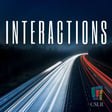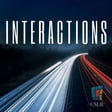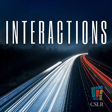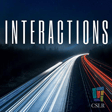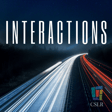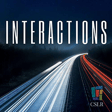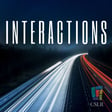
Bernice King - Christianity, The Law, Racial Justice, and Martin Luther's King Jr.'s Legacy- Part 1
In this season of Interactions, Terri Montague, and Brandon Paradise, engage with contemporary leaders and social change agents regarding the influence and convergence of Christianity, the law, and racial justice. Today’s guest is Reverend Bernice King, the daughter of Corretta Scott and Martin Luther King Jr, a social activist in her own right and regularly speaks truth to power. Additionally, as the CEO of the King Center, Dr. King teaches the principles of nonviolent resistance, honors and shares her father’s legacy, and protects against its misuse. This podcast is produced by the Center for the Study of Law and Religion at Emory University in collaboration with Canopy Forum.
Bernice King: The King Center
Center for the Study of Law and Religion: Center for the Study of Law and Religion | Emory University School of Law | Atlanta, GA
Canopy Forum: Canopy Forum
